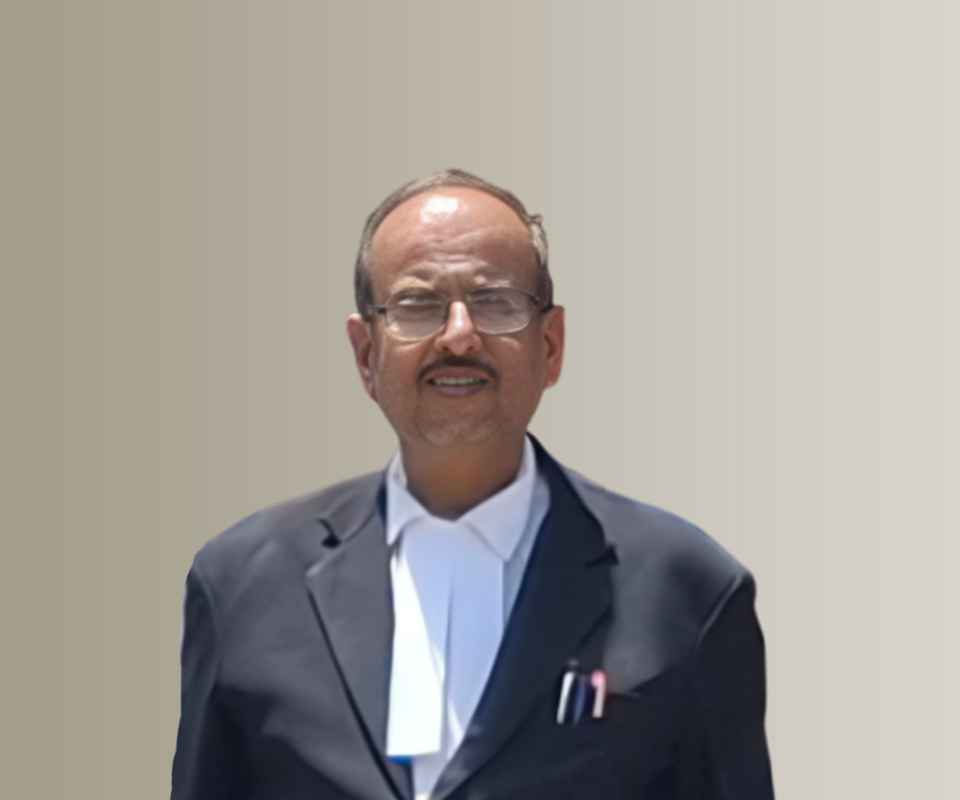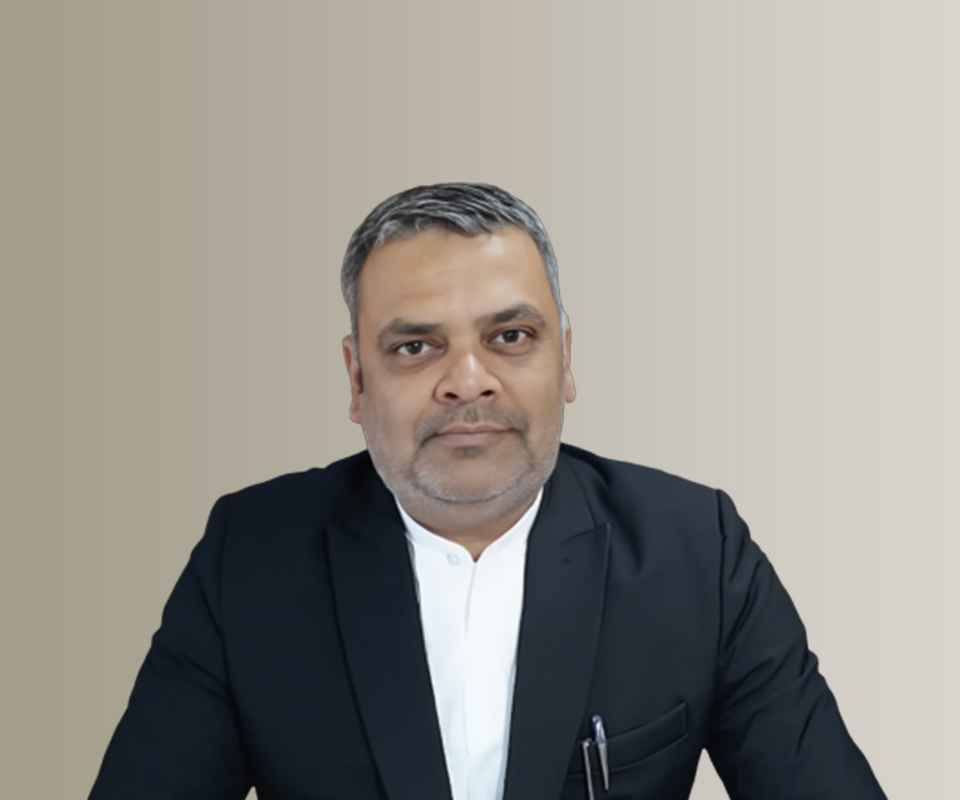Answer By law4u team
Challenging decisions made by the Waqf Board involves a structured approach to ensure that grievances are addressed and decisions are reviewed fairly. The Waqf Board oversees the management of Waqf properties, and its decisions can sometimes be contested through legal and administrative means.
1. Review the Decision:
Carefully examine the decision made by the Waqf Board. Understand the grounds on which the decision was made and identify specific points of contention.
2. Gather Supporting Documents:
Collect all relevant documents related to the decision. This includes correspondence with the Waqf Board, minutes of meetings, decisions, and any evidence supporting your case.
3. Seek Clarification:
Contact the Waqf Board to seek clarification on the decision if it is not clear. Sometimes, misunderstandings can be resolved through direct communication.
4. File a Formal Appeal:
Draft a formal appeal against the decision. Address your appeal to the Waqf Board or the appropriate authority within the Board. Include detailed reasons for the appeal, supported by evidence.
5. Consult Legal Experts:
Consult a lawyer specializing in Waqf law or administrative law. They can provide advice on the grounds for appeal and assist in drafting and filing the appeal.
6. Approach the State Waqf Tribunal:
If the appeal to the Waqf Board does not resolve the issue, you can approach the State Waqf Tribunal. The Tribunal has the authority to hear and decide disputes related to Waqf properties and Board decisions.
7. File a Writ Petition in High Court:
If the State Waqf Tribunal’s decision is unsatisfactory, you may file a writ petition in the High Court. This legal action challenges the decision of the Waqf Board or Tribunal on grounds of legality and fairness.
8. Follow Up:
Monitor the progress of your appeal or legal action. Ensure that all procedural requirements are met and that your case is being actively pursued.
9. Public and Media Advocacy:
In some cases, bringing attention to the issue through media or public advocacy can help in resolving disputes. However, this should be done carefully and in consultation with legal experts.
Conclusion:
Challenging decisions made by the Waqf Board involves reviewing the decision, gathering evidence, filing a formal appeal, consulting legal experts, and potentially escalating the matter to the State Waqf Tribunal or High Court. It is essential to follow the proper legal and administrative channels to ensure a fair review.







